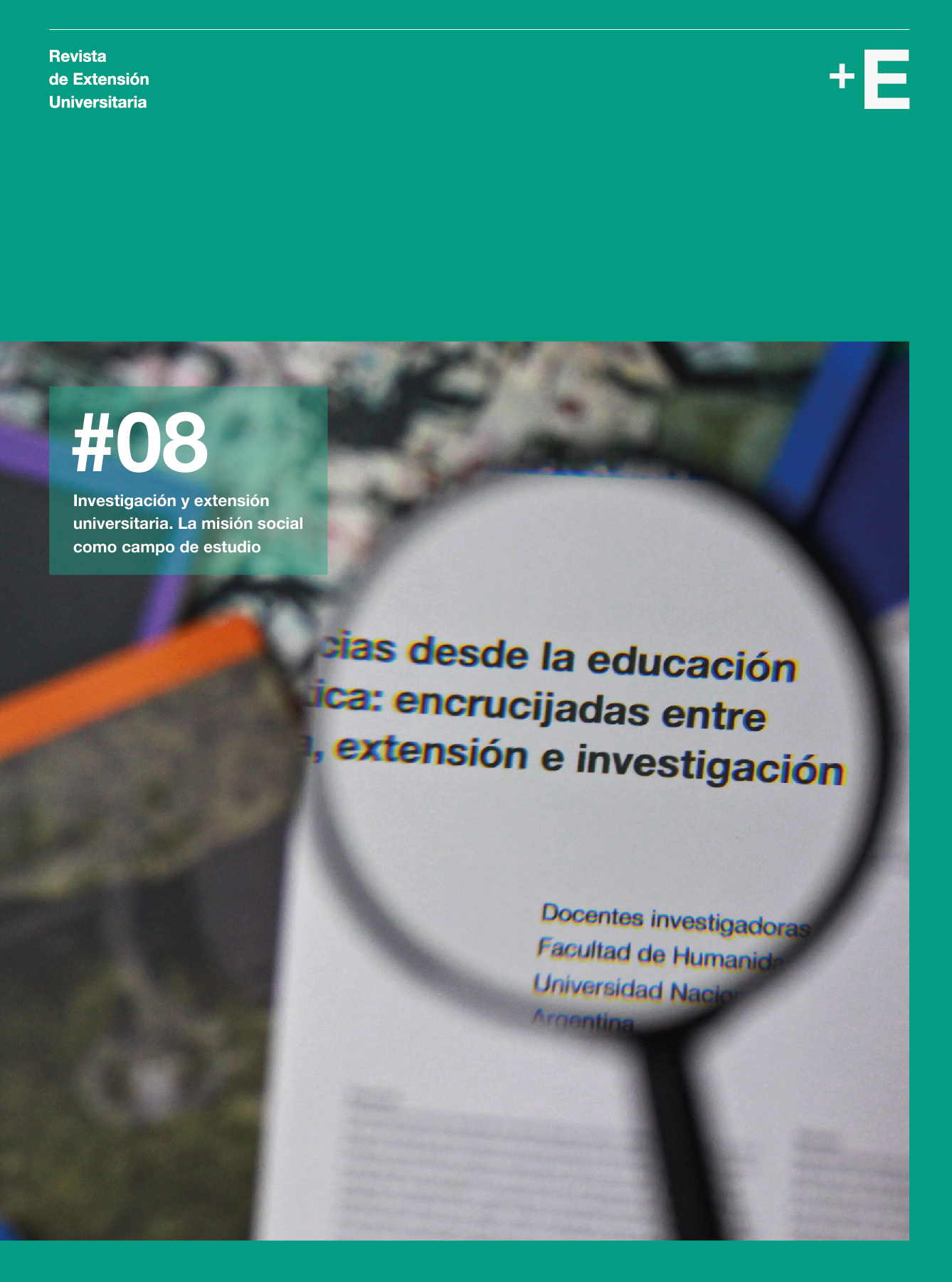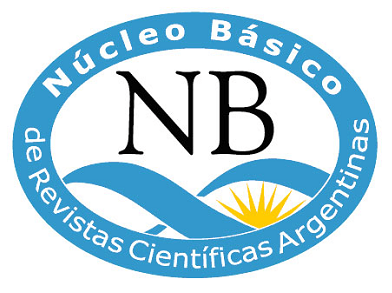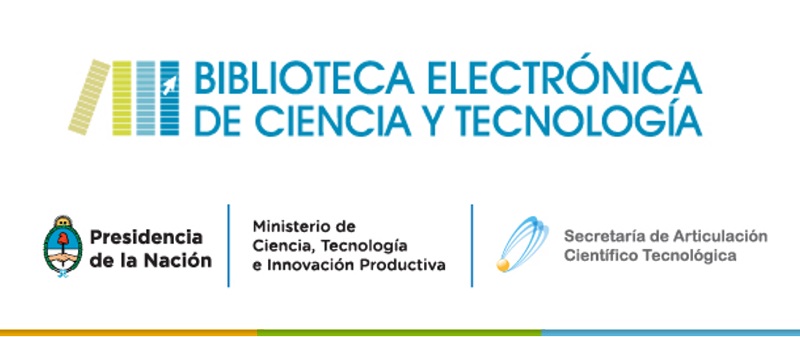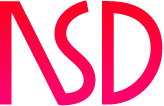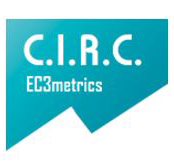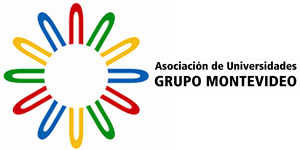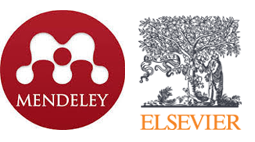Results of the interaction with the community in university education from the capabilities approach. A case study at the National University of Costa Rica
DOI:
https://doi.org/10.14409/extension.v8i8.Ene-Jun.7722Keywords:
University extension, Capability appoach, Human developmentAbstract
This work aimed analyze an experience of how scholar actions work in an integral manner and based on the university extension done by the Escuela de Planificación y Promoción Social (EPPS) of National University, Costa Rica (UNA). Our purpose is to contribute on the understanding of some of the formation benefits derived from the university and community work done by economic and social planning students, using the capability approach for human development promoted by Sen and Nussbaum. The results highlight a great richness regarding to the formation processes based on a dialogical and participatory relation, as well as interaction and building up knowledge, all of which is important in human development. Students interact with the most vulnerable groups that are far from the State policy benefits through the methodologic and theoretical knowledge acquired on their formation and complemented with other knowledge. This promotes meaningful learning that increases sensibility, strengthens social values and improves analysis and critical comprehension of social needs. As a result, students have the opportunity of a scholar formation that is integral and humanistic.
References
Belda–Miquel, S.; Blanes, J.P.; Fernández, I.C. (2016). Participation for transformative learning in development management: The case of a Master in international development projects in the Universitat Politècnica de València (Spain). Procedia–Social and Behavioral Sciences, 228, 237–242.
Boni, A. (2013). &– first century. In Boni, A. & Walker, M. (Eds.). Universities and Human Development. A New Imaginary for the University of the XXI Century. London: Routledge.
Boni, A. y Gasper, D. (2011). La Universidad como debiera ser. Propuestas desde el desarrollo humano para repensar la calidad de la Universidad. Sistema. Revista de Ciencias Sociales, (220), 99–115.
EPPS (2016a). Programa del curso Práctica Organizativa I. Facultad de Ciencias Sociales. Heredia, Costa Rica.
EPPS (2016b). Programa del curso Práctica Organizativa II. Facultad de Ciencias Sociales. Heredia, Costa Rica.
González, M.; Portero, A.E.; Sáez, H.T.; Jardo, R.M.; Fariñas, M.C. (2016). La práctica integral de arquitectos. Experiencia en la CUJAE. Estoa. Revista de la Facultad de arquitectura y Urbanismo de la Universidad de Cuenca, 5(8), 93–100.
Menéndez, G. (2017). Resignificación de la extensión a 100 años de la Reforma Universitaria de 1918. Revista + E, 7(7), 24–37. Santa Fe, Argentina: Ediciones UNL.
Nussbaum, M. (2000). Women and human development: The capabilities approach. Cambridge: Cambridge University Press.
Peris, J. (2014). Aproximación a las metodologías cualitativas. Máster en Cooperación al Desarrollo. Universidad Politécnica de Valencia, España.
Robeyns, I. (2003). The capability approach: an interdisciplinary introduction, teaching material for the raining course preceding the 3rd International Conference on the capability approach. Pavia, September.
Robeyns, I. (2017). Wellbeing, freedom and social justice: The capability approach re–examined. Open Book Publishers.
Ruiz Bravo, R.M. (1992). Hacia una difusión cultural universitaria. Heredia, Costa Rica.
Sousa Santos, B. de (2005). La universidad en el siglo XXI. Para una reforma democrática y emancipadora de la universidad. Umbrales, (15), 13–70.
Sen, A. (1999). Development as Freedom. New York: Knopf.
Tünnermann Bernheim, C. (2000). Universidad y sociedad. Balance Histórico y Perspectivas desde Latinoamérica. Comisión de Estudios de Postgrado. Facultad de Humanidades y Educación. Universidad Central de Venezuela.
UNA (1993). Estatuto Orgánico de la Universidad Nacional. Aprobado por la Asamblea Universitaria mediante Referéndum realizado el 10 de marzo de 1993, transcrito por el Tribunal Electoral en comunicado oficial 03–93.
UNA (2007). Gaceta Universitaria Nº 2: Modelo Pedagógico de la Universidad Nacional. Heredia, Costa Rica.
UNA (2009). Lineamientos para la Gestión de Programas, Proyectos y Actividades. Gaceta Universitaria Nº 17–2009. Consejo Universitario. Costa Rica.
Valles, M.S. (1999). Técnicas cualitativas de investigación social. España: Síntesis.
Walker, M. (2012). A capital or capabilities education narrative in a world of staggering inequalities? International Journal of Educational Development, 32(3), 384–393.
Walker, M.; McLean, M. (2013). Professional education, capabilities and the public good: The role of universities in promoting human development. London: Routledge.
